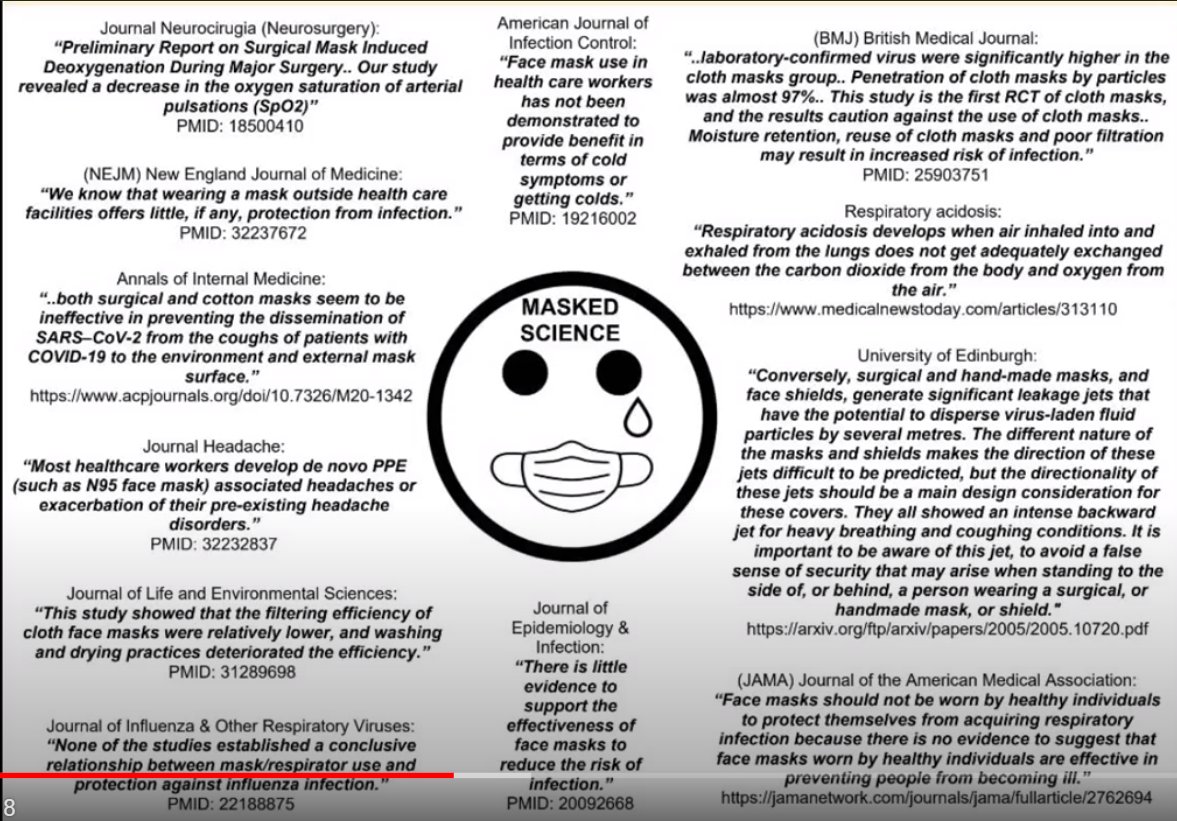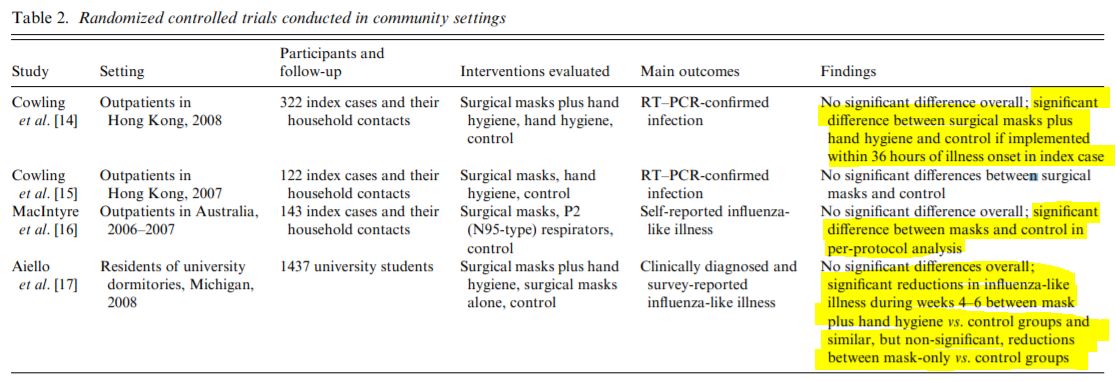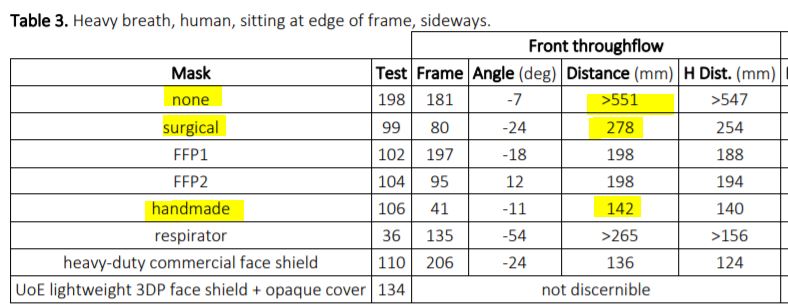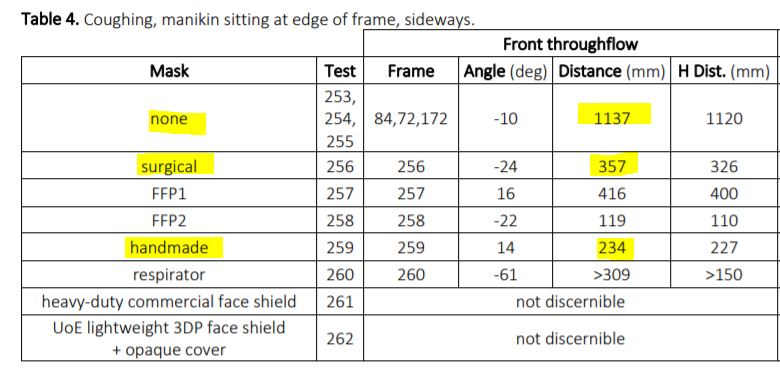1) The *lowest* recorded pulse oximeter reading was ~96% SpO2, which is in the normal range (95%+) (3/?)
measurable airway resistance, but it seems doubtful if this
significantly increases the process of breathing." (4/?)
The quoted text here is a misrepresentation of the authors' actual conclusions. Take a look at the paper itself if you're curious here: nejm.org/doi/10.1056/NE…
(6/?)
This paper was retracted. acpjournals.org/doi/10.7326/L2…
The authors themselves wrote "our findings are uninterpretable."
So...that's that. (11/?)
N95's cause headaches. Yes...they're very tight because they need to protect the wearer. Ask any frontline healthcare worker if the protection is worth a headache. (12/?)
The quotation here is completely taken out of context and goes against what the authors actually believe. Here are other quotations from the paper. (14/?)
I don't really understand why this is a reason not to wear masks. It's just a reason why you need to replace them. (18/?)
First: again, this study only considers the *wearer* of the mask. Therefore, in the context of epidemiology/population-level health, it's not a complete picture of what masks can do - if everyone wears a mask, we are all more protected. (19/?)
Take a look at this article and then look at the one sentence that was cherrypicked for this very misleading and dangerous graphic. Because...hoo boy, this article *absolutely* supports mask wearing. Here's some more context. (22/?)
This doesn't say cloth masks are worse than nothing, it's arguing cloth masks are worse than *medical* masks...which is pretty expected. But again - our favorite flaw in application of these studies strikes again...(26/?)
Thanks for describing the etiology of respiratory acidosis. The article, in the "causes" section, mentions *nothing* about masks causing respiratory acidosis. This is a non-starter. (28/?)
This paper examines the protective capabilities of surgical and hand-made masks vs. respirators and face shields. So keep that in mind while evaluating the paper - it's not really a surprise that cloth masks =/= N95's. (29/?)
This is the last article so of course I get to use my favorite point - this article is again concerned with protecting the *wearer*, not the *community*. And at this point, you're probably tired of me explaning this point (33/?)
Well, here's commentary from The Lancet:
thelancet.com/journals/lance…
(34/?)
atsjournals.org/doi/pdf/10.116…
#medtwitter #covid #coronavirus #covid19 #mask #wearamask #scitwitter #science #studies #masks #AcademicChatter #medicine







